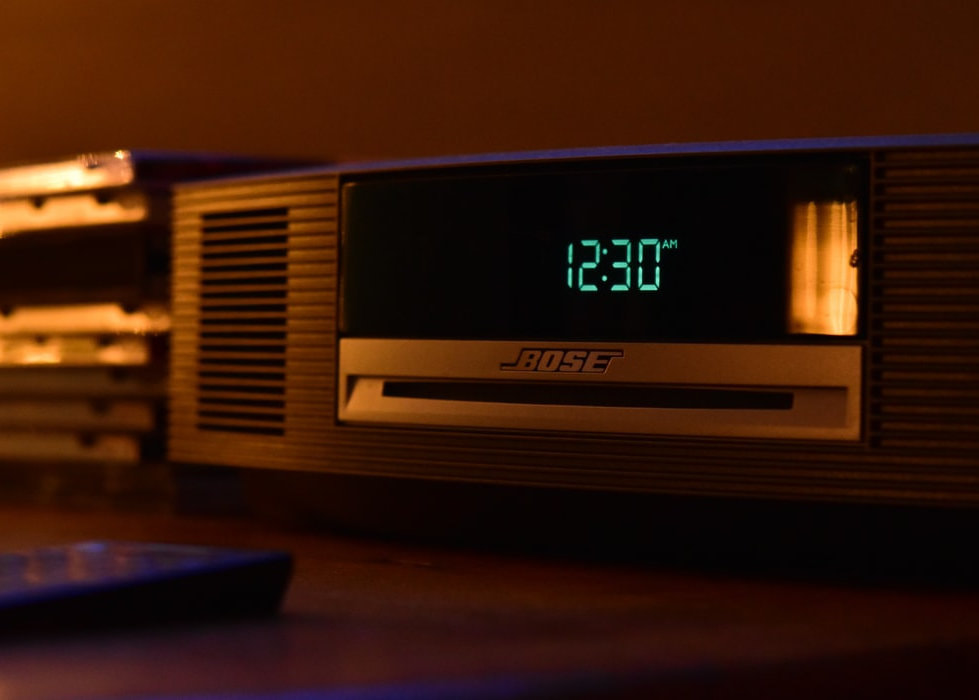For example, besides the number of watts we need to pay attention to the sensitivity and the frequency response of the speaker or amplifier. These also have a huge impact on the sound quality, especially if you are buying some affordable stereo amps.
Is there anything else to pay attention to?
Well, the answer to this question is pretty simple - yes. The power of the device is simply not enough and mustn’t be a decision-making factor. Therefore, here is a short list of some other things you have to consider.
Build Materials
Build materials and sound quality are closely connected. There are many different materials manufacturers use to build the components and all these materials have specific properties. While some are flexible, others are pretty solid. So, the sound quality is generally better if quality materials are used to build the device.
Headroom
One of the key concepts you need to be familiar with when choosing a good amp or a speaker is the headroom. The devices we plan to buy are designed to work at a specific audio range and power. Now, the headroom is the capacity of the device to work above these specific values. As you may guess, we definitely want more of this headroom.
Frequency Response
We use frequencies to measure the human hearing and it generally ranges from 20 to 40 kHz. The amp or speaker you are planning to buy should be able to work with these frequencies. If it can’t you will constantly notice that something just doesn’t sound right.
Impedance
Impedance is pretty important in amplifiers because of the way they work. This is why you need to take care whether you are going to buy a solid-state amplifier or a tube amp. The tube amps are generally louder.
Solid state amps have greater impedance and this affects the power. Tube amplifiers on the other hand don’t negatively affect the power and they are able to reproduce up to 90% of the power.
When we talk about impedance you can see that in that case more power doesn’t guarantee better sound quality. In some cases, it won’t even mean that the system will be louder. Of course, we need to take into account the type of the amplifier and the impedance before you make the purchase.
When do you need more power?
When you are listening to music in your living room even a cheap five-watt speaker will do the job just fine. However, if you are throwing a party this simply won’t be enough. You will definitely need more power.
Because of that you need to think of the space and occasions you plan to use the speaker in. For larger spaces you are going to need more power. Large parties and gatherings also require more power. This will ensure that the audio will be reproduced loud enough.
On the other hand, if you live in a small apartment, you definitely don’t need a powerful system. It simply won’t sound the best it can and on top of everything you will disturb your neighbours for sure.
Does more power guarantee better sound quality?
As you can see from this article you can’t only take the power of the amplifier or the speaker into account when deciding which one to buy. There are also other factors you need to think of. And when you take them all into account you can be sure you have purchased the best amplifier or speaker for you. You don’t want to spend your money on something you are not going to be satisfied with later. So, before the purchase, always take everything into account and read what other users are saying or whether they have some problems with the devices you are planning to buy.
So, no matter how much you like to listen to your music loud, it doesn’t mean that you will get the sound quality you want. Think whether you have enough headroom and take the frequency response into account in order to get the sound just the way you like it. Of course, power is excellent if you just care about how loud your system will be, but for most of us, loudness without sound quality is simply not good enough.










